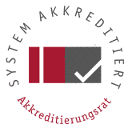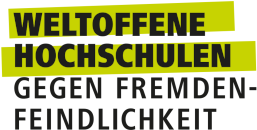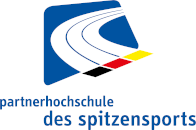Institute of Philosophy
The Institute of Philosophy at Ludwigsburg University of Education provides a sound qualification for becoming a school teacher in the subject of ethics. Our study programme – The Ludwigsburg Model of Teacher Training in Ethics – emphasises the importance of philosophical knowledge and training for future educators while equally focusing on the necessity of teacher training in schools and well-founded didactic knowledge and skills.
At our institution we strive to provide our students with a solid foundation in philosophy, equipping them with a well-founded understanding of the subject. We believe in fostering critical thinking skills and nurturing a deep appreciation of the complexities of philosophical inquiry. Building upon this strong base, our curriculum offers opportunities for students to pursue specialised areas of interest, allowing them to develop expertise in specific branches or schools of thought. We aim to empower our students to engage in rigorous intellectual exploration and contribute meaningfully to the field of philosophy.
In addition to its focus on traditional philosophical questions, concepts and contents, the Institute of Philosophy places strong emphasis on the philosophical, ethical, pedagogical and didactic implications of digital media in general and their use in educational contexts. The institute engages in research on media ethics and the use of digital media in the processes involved in the teaching and learning of philosophy and ethics at both school and university. The interdisciplinary orientation of the institute allows for collaboration with other departments and universities, creating a vibrant and dynamic research community. This approach fosters a rich and diverse learning environment for students, encouraging them to think critically and apply philosophical concepts to problems inside and outside philosophy.
Additionally, our programme aims to equip students with the knowledge and skills to engage in philosophical discussions with their future pupils while also addressing interdisciplinary topics in the classroom. By focusing on media, especially digital media, our programme also enables students to integrate these tools into the processes entailed in teaching and learning ethics in schools. Our goal is to prepare our graduates to be well-rounded and competent educators who can navigate traditional and modern teaching methods, using a wide range of resources to engage their own students in the process of learning about philosophy and ethics.






